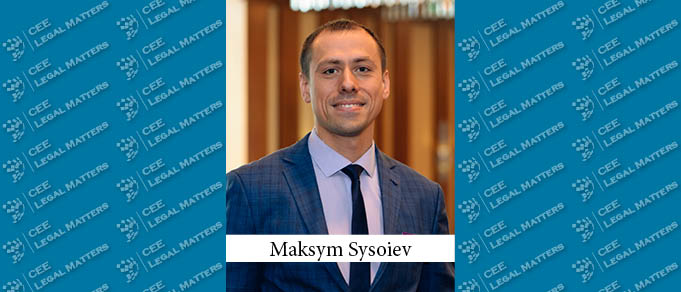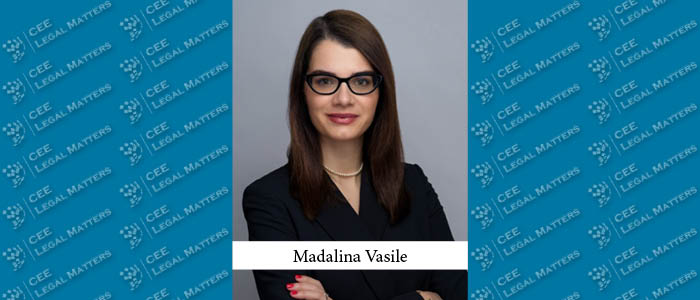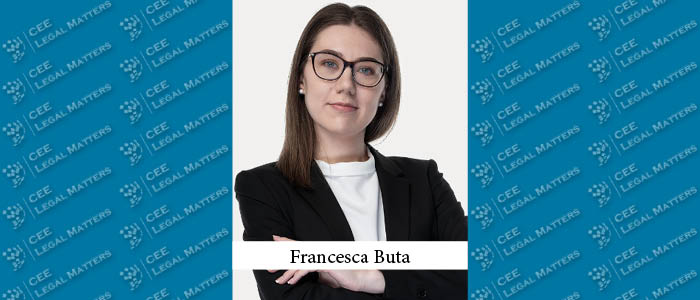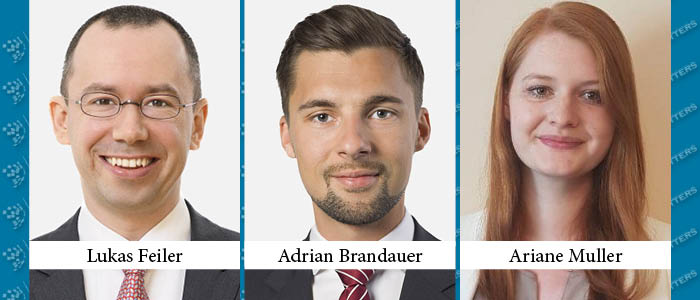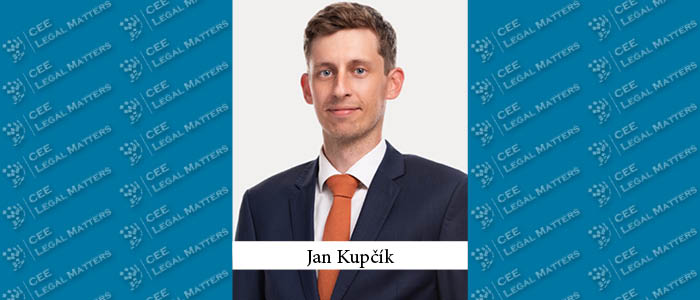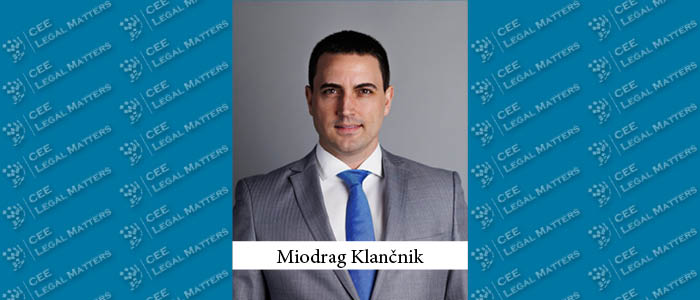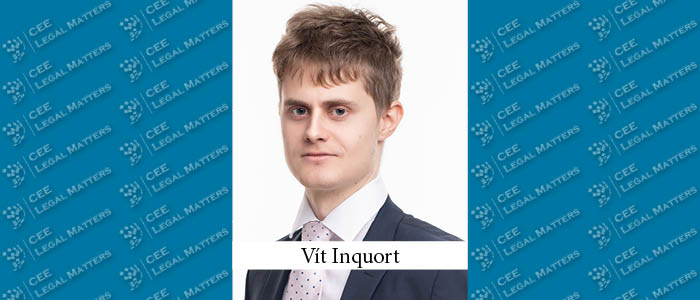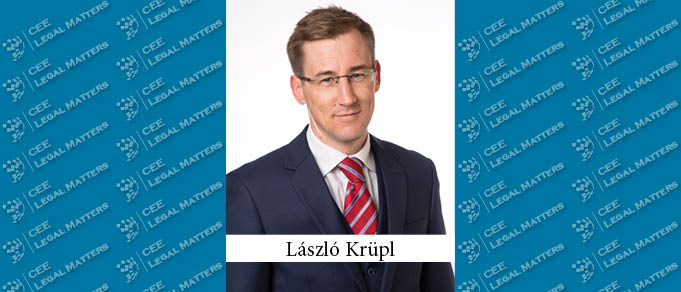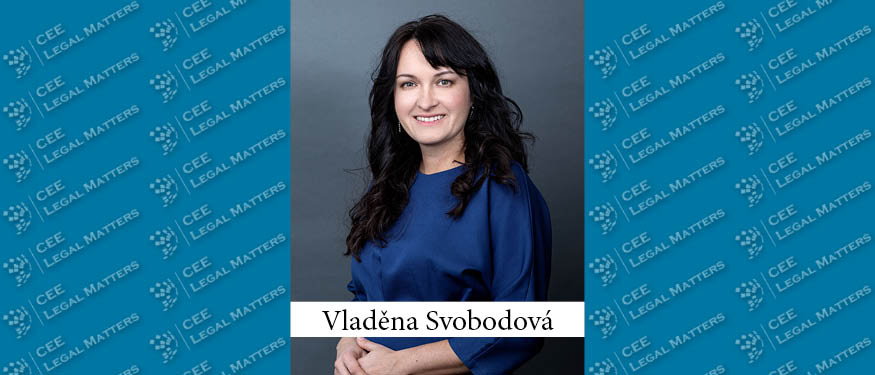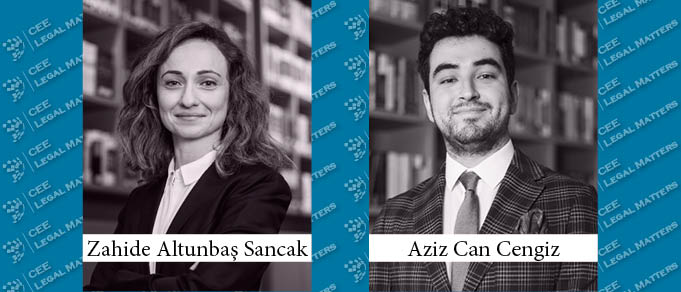On January 31, 2024, Ukraine’s National Energy and Utilities Services Commission (the Regulator) adopted Resolution No. 232 On Approval of Amendments to the Resolution of the Regulator 1812 dated October 4, 2023 (the Amendments).
The Determination of the Rental Increase Rate and 25% Limitation
According to the Provisional Article 1, that is added to the Turkish Code of Obligations with the 4th article of the "Law on Amendments to the Lawyers' Code and the Turkish Code of Obligations" numbered 7409, which was published in the Official Gazette on 11.06.2022 and is valid as of that day residential rent agreements regarding the rental fee to be applied in the renewed rental periods between the date of entry into force of this article and 01.07.2023 (including these dates) are valid, provided that they do not exceed twenty-five percent of the rental fee of the previous rental year. In other words, contracts containing more than a twenty-five percent increase in housing rent compared to the previous year were deemed invalid in terms of the excess amount.
Environmental Protection: Where Do We Stand After 2023?
Looking back at 2023, we witnessed important developments in the legal framework for environmental protection (in the broad sense).
NEURC Brought Secondary Legislation in Line with the Law on "Green" Transformation
On 24 January 2024, the NEURC adopted the Resolution "On Amendments to Certain Resolutions of the National Energy and Utilities Regulatory Commission (NEURC)" (the "Resolution") to bring the secondary legislation in line with the Law of Ukraine "On Amendments to Certain Laws of Ukraine on Restoration and Green Transformation of the Energy System of Ukraine" No. 3220-IX dated 30 June 2023 (the "Law on "Green" Transformation").
Digital Advertising and Adtech Under the EU Digital Markets Act and Digital Services Act
The broader online advertising sector will be affected by the EU Digital Markets Act (DMA) and Digital Services Act (DSA), even though they apply directly only to certain types of organisations, with expanded obligations on the largest organisations.
Romania: A Simpler Path for Credit Institutions to Outsourcing Arrangements
Exciting developments are on the horizon for the Romanian banking community, as efforts are underway to streamline the framework regulating outsourcing arrangements.
GDPR and Inclusion – Ignorant Instead of Woke?
The GDPR generally prohibits the processing of data relating to sexual orientation. In practice, this can be an obstacle to efforts towards inclusion.
Regulation on Financial Support for Dual Education
On 29 December 2023, the Government of the Republic of Serbia adopted the Regulation on financial support for dual education ("Official Gazette of the RS", No. 120/2023), which entered into force on 6 January 2024 (hereinafter: the Regulation).
World Economic Forum Establishes AI Governance Alliance to Ensure Safety in the Use of Artificial Intelligence
The World Economic Forum established the AI Governance Alliance, bringing together leaders from diverse sectors such as industry, government, academia and civil society to support the responsible global development and use of transparent and inclusive AI systems.
Prague Alert - Amendment to the Medicines Act
Dear readers, during the New Year's rush, it may have escaped your attention that on 29 December, the Amendment to the Medicines Act was published in the Collection of Laws, in volume 203 under number 456/2023 Coll. Barring one exception, which we discuss below, the amendment already went into effect on 1 January 2024.
Draft Law on Mobilization and Military Record
The Government of Ukraine introduced draft law No.10449 to the Parliament, aiming to improve certain issues of mobilization, military records and military service. The published version of the draft law is not final, however, as of now, the Government is proposing the following changes to the current legislation.
New Notification Obligation for Czech Energy Sector Transactions
Effective 1 January 2024, the Czech Energy Act (No. 458/2000 Coll.; "EA") mandates notification to the Ministry of Industry and Trade for both direct and indirect acquisitions of elements of energy critical infrastructure. The parties will be under a standstill obligation until the transaction is cleared. Notably, the triggering event is set to 10 % of shares or voting rights or even lower. Let's take a closer look at the new transaction review feature.
Intellectual Property Generated by Employees
Despite their undeniable awareness of importance of intellectual property (IP) for business success, many multinational companies overlook the fact that IP laws vary between countries. This has motivated us to write this article as a memento of IP that can be generated by employees. It explains the general regime related to use of such intellectual property and suggests which legal mechanisms are available to employers in safeguarding their legitimate interests in relation to IP.
EU Regulation and the Carbon Border Adjustment Mechanism (CBAM)
Regulation (EU) 2023/956 of the European Parliament and of the Council of 10 May 2023 (the “Regulation”) establishes a carbon border adjustment mechanism. The Regulation imposes new obligations on importers of selected goods from third countries into the EU. The aim of this article is to help entrepreneurs identify whether the Regulation applies to them and, if so, what are the most important obligations it imposes on them.
Legislative Provisions Related to the State of Exceptional Situation
By Decision No. 361 dated 24 November 2023, the Parliament decided to extend the emergency state on the entire territory of the Republic of Moldova for 30 days, starting on 1 December 2023.
Hungary's Land Registry System Enters the 21st Century
On 15 June 2021, the Hungarian Parliament passed Act C of 2021 on Land Registration that was supposed to enter into force on 1 February 2023. As this deadline neared, it became evident that neither private citizens, companies, lawyers nor authorities were adequately prepared for the change.
Have Medicine Shortages in the Czech Republic Been Resolved? Yes and No.
A long-awaited amendment to the Czech Medicines Act came into force on 1 January 2024. What practical impact will it have?
Minimum Amounts for Public Offerings Increased
With the decision published in the Capital Markets Board Bulletin dated 29.12.2023 and numbered 2023/82 ["Decision"], the amounts subject to revaluation in the Capital Markets Law No. 6362 and related regulations and other regulations were determined for the year 2024.

